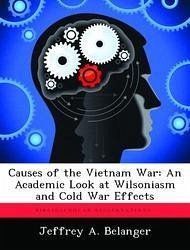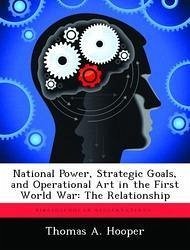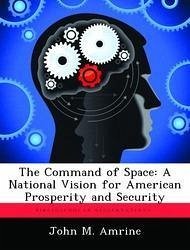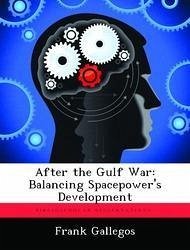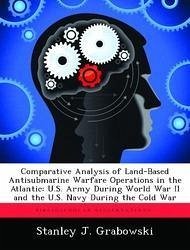Nicht lieferbar
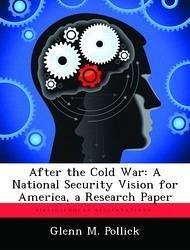
After the Cold War: A National Security Vision for America, a Research Paper
Versandkostenfrei!
Nicht lieferbar
This research paper examines the current international environment and how shifts in centers of power since the end of the Cold War affect the national security policy of the United States. The author examines the question of what role America, as the world's sole superpower, should play in international affairs in light of an apparently reduced threat to its security and the increasing competition for non-defense spending. This research establishes conceptual references on balance of power, anarchy, and hegemony, then reviews alternative national security strategies. This paper discusses the ...
This research paper examines the current international environment and how shifts in centers of power since the end of the Cold War affect the national security policy of the United States. The author examines the question of what role America, as the world's sole superpower, should play in international affairs in light of an apparently reduced threat to its security and the increasing competition for non-defense spending. This research establishes conceptual references on balance of power, anarchy, and hegemony, then reviews alternative national security strategies. This paper discusses the options the US might take-a return to isolationism, deferring to regional security arrangements, or assuming a global leadership role-now that the Cold War is over. The author assesses the direction and applicability of the current National Security Strategy for Engagement and Enlargement (NSSEE) and proposes a keystone vision for the US. The author concludes the US should retain a global leadership role in the international community to the maximum extent resources will permit. The US must resist neoisolationist pressures and not only remain engaged in all aspects, but lead the way economically and politically while maintaining the world's most powerful military as insurance for our national security. Finally, the author concludes the NSSEE provides appropriate direction for the US, but the support of the American public, upon which the NSSEE depends heavily, is insufficient due to the lack of public education and involvement in the national security process. This work has been selected by scholars as being culturally important, and is part of the knowledge base of civilization as we know it. This work was reproduced from the original artifact, and remains as true to the original work as possible. Therefore, you will see the original copyright references, library stamps (as most of these works have been housed in our most important libraries around the world), and other notations in the work. This work is in the public domain in the United States of America, and possibly other nations. Within the United States, you may freely copy and distribute this work, as no entity (individual or corporate) has a copyright on the body of the work. As a reproduction of a historical artifact, this work may contain missing or blurred pages, poor pictures, errant marks, etc. Scholars believe, and we concur, that this work is important enough to be preserved, reproduced, and made generally available to the public. We appreciate your support of the preservation process, and thank you for being an important part of keeping this knowledge alive and relevant.






